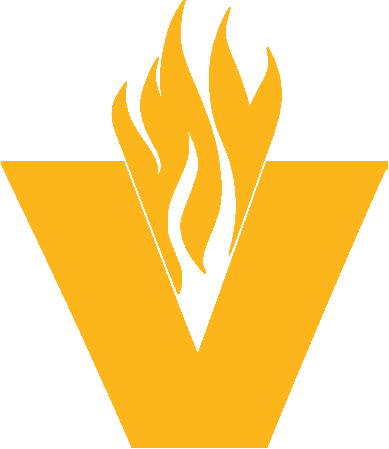certified clinical medical assistant program
This program prepares medical assistant students to perform patient clinical skills in the medical office setting. Students perform clinical procedures including administering medications, assisting with minor surgery, performing an electrocardiogram, obtaining laboratory specimens for testing, educating patients, and maintaining clinical equipment in an ambulatory care setting. Medical assistants perform routine clinical tasks to keep the offices of physicians, podiatrists, chiropractors, and optometrists running smoothly.
Clinical duties may include taking medical histories and recording vital signs, explaining treatment procedures to patients, preparing patients for examination, and assisting the physician during the examination. Medical assistants collect and prepare laboratory specimens or perform basic laboratory tests on the premises. They instruct patients about medication and special diets, prepare and administer medications as directed by a physician, authorize drug refills as directed, telephone prescriptions to a pharmacy, draw blood, prepare patients for x-rays, take electrocardiograms, and change dressings.
This program will provide the necessary training and skills required to challenge the National Healthcareer Association (NHA) Certified Clinical Medical Assistant (CCMA) national examination. This 220 hour program includes 140 classroom hours (lecture and labs) and an optional 80 hour clinical externship. Students must successfully complete the 140 hour classroom requirement to be eligible to participate in the 80 hour clinical externship rotation. Although the externship is optional, students are highly encouraged to participate in the workplace experience. This comprehensive Clinical Medical Assistant program provides training in the following areas:
- function of the clinical medical assistant in a medical office
- introduction to health care facilities
- medical terminology
- anatomy of each of the body systems to include the heart, conduction system, circulation of the heart & blood vessels
- care & safety of patients, medical & legal aspects & work ethics
- effective verbal and non-verbal communication
- interpersonal skills and human behavior
- phone in prescriptions to various pharmacies
- confidentiality and HIPAA
- take patient medical histories
- update patient medical files
- instruct patients on proper usage of medications
- vital signs and documentation
- phlebotomy including venipuncture and capillary sampling
- collecting non-blood specimens and point of care testing
- performing 12 lead EKGs, EKG strip analysis (P,Q,R,S,T wave form)
- prepare and assist with medical examinations
- take blood pressure and body temperatures
- apply sterile dressings
- prepare patients for x-rays
- perform various injections
- perform peripheral IVs
- administer oral medications
- aseptic technique and infection prevention
- assist with minor surgeries
- proper use and disposal of biohazards and sharps
When: 14-week program meets 3 times a week, from 6 – 9:30 PM, plus 80 hour clinicals.
For additional information on this program call Mr. John Tooley at 812-888-2870 or email jtooley@seezl.com.



